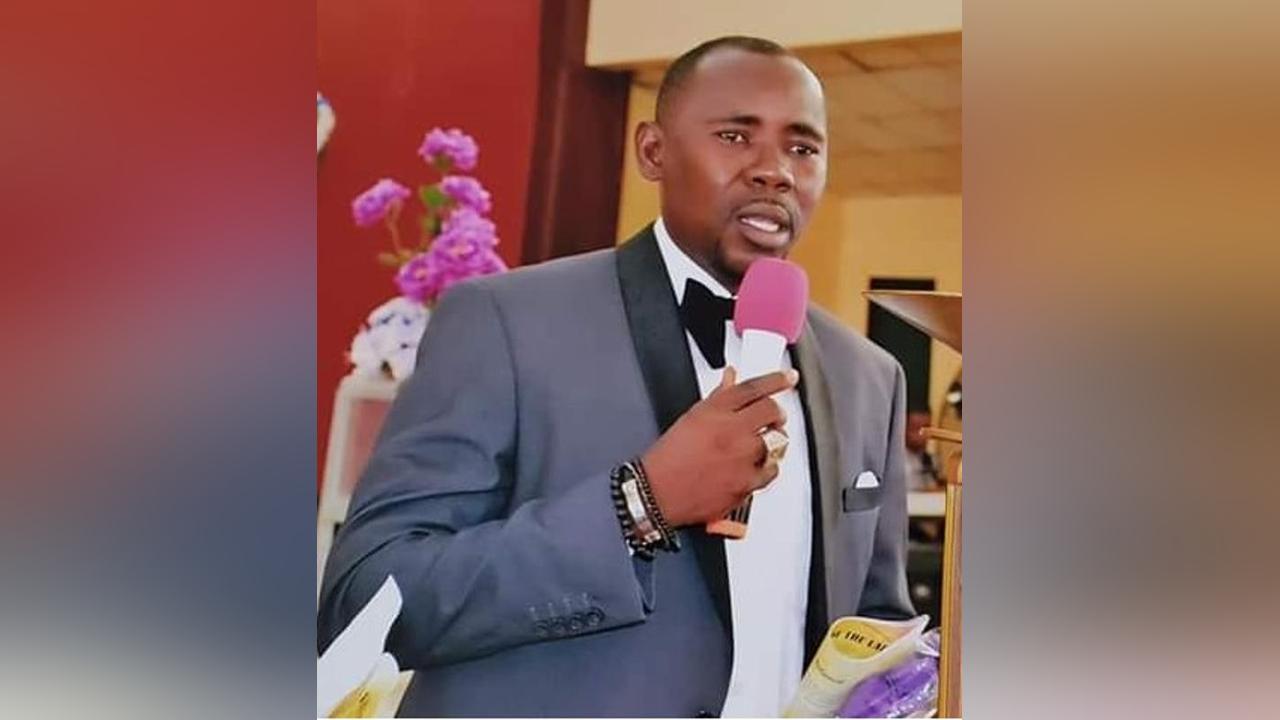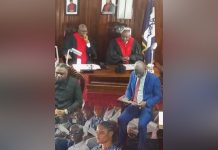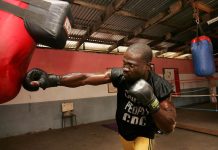Africa-Press – Liberia. Commissioner Mohammed Dust Fahnbulleh of the Independent National Commission on Human Rights (INCHR) has raised concerns over what he describes as inconsistencies in the Liberian judiciary’s application of the country’s drug laws.
In a statement posted on his Facebook page on August 12, 2025, Commissioner Fahnbulleh referenced the August term opening at the Fifth Judicial Circuit Court in Grand Cape Mount County, where Resident Judge Ousman Feika delivered a charge focusing on illicit drugs and multiple land sales.
Commissioner Fahnbulleh said his attention was particularly drawn to recent sentencing trends under the amended drugs law, which prescribes a minimum of 10 years and a maximum of 20 years imprisonment for offenses such as drug trafficking, drug importation, and drug possession.
According toCllr. Judge Feika has issued some of the harshest penalties in drug cases, including a recent 60-year sentence against a man found guilty on three counts – drug trafficking, importation, and possession by applying the maximum 20-year term for each offense.
In contrast, he pointed to a separate case in Montserrado County involving the son of Nimba County District #7 Representative, Musa Hassan Bility, who was sentenced to only three years for a drug-related offense, despite the law’s minimum sentence being 10 years.
“No Judge has such power to reduce the sentence in the drugs law from 10 to 3. Up to the moment of this post, no action has been taken by the Supreme Court or members of the legislature regarding this. No one has asked why Musa Hassan Bility’s son was given only 3 years, while the guy in Cape mount was given 20 yeas for each offense. Is the sentencing period of a guilty person under the Drug law based on status/ position in society? If national leaders’ relatives are given privileges, while ordinary persons suffer the full weight of the law, then, there was no need for those mothers to have walked in the rain raising their voices to end illicit drugs,” stated” Fahnbulleh.
The INCHR Commissioner stressed that his remarks were not a personal attack, noting that the judge who issued the three-year sentence is a longtime friend and that Bility himself is “a big brother” from his community. Instead, he said, the matter is about ensuring fairness and upholding the law without bias.
“This post is not against anyone, the judge who ruled and gave Musa’s son three years is my very good friend and brother from law school days and Carey Street. Musa is also a big brother and from my community. I want the right thing done!!”
Fahnbulleh also questioned the silence of both the Supreme Court and the Legislature on the matter, calling for accountability and equal application of the law regardless of social or political status.
As of press time, neither the judiciary nor Mr. Bility had publicly responded to the Human Rights Commissioner’s comments.
For More News And Analysis About Liberia Follow Africa-Press






